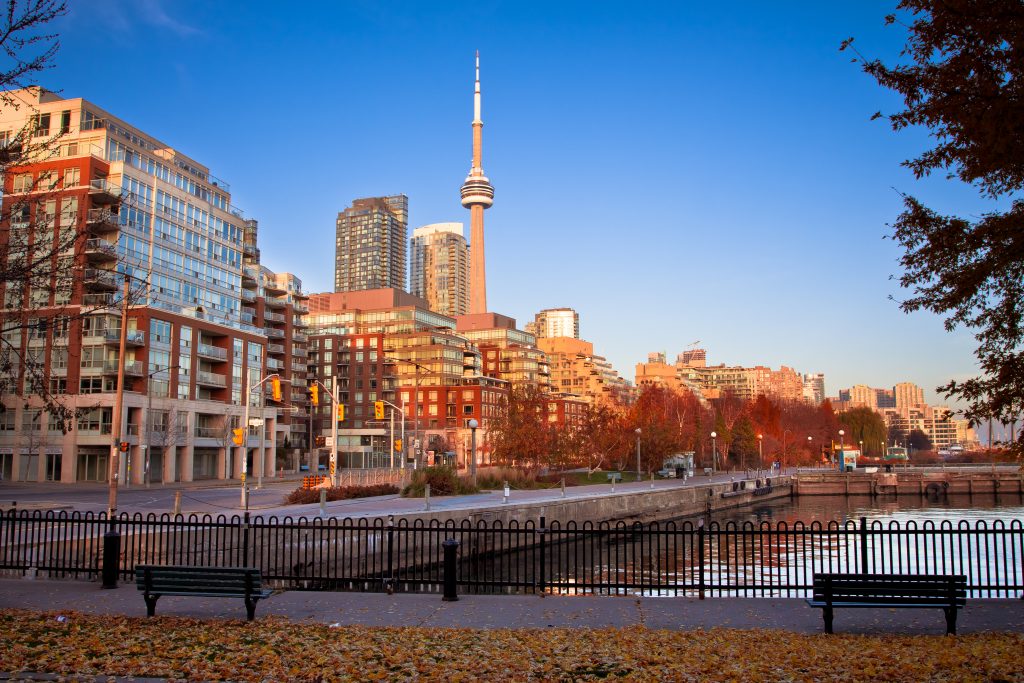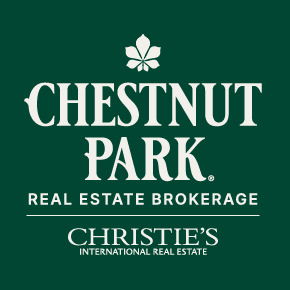With one month still remaining in 2021, November’s reported sales brought the total year-to-date sales to 115,716 residential properties sold. We will finish the year with approximately 122,000 sales, eclipsing the previous annual record for properties sold in 2016. In that year 113,040 properties traded hands. As will become evident, given the supply problems the market is experiencing, 2021’s record-breaking accomplishment is not likely to be surpassed for some time, and definitely not in 2022.
In November 9,017 residential properties were reported sold, also a record number for any previous November. Last year 8,728 properties were sold, 3.3 percent fewer than this November. The big news coming out of the November data, aside from the new records achieved, was what’s happening to prices and the region’s disappearing inventory.
In addition to being the strongest November on record, and breaking the annual record for total sales, November saw the Toronto and area average sale price climb into record territory. The average sale price for all properties reported sold came in at $1,163,323, almost 22 percent higher than last year’s average sale price ($955,889). November marks the sixth consecutive month of monthly increases. This streak started in June when the average sale price was a “mere” $1,089,135, 7 percent less than the average sale price for November. The pace of these monthly increases in average sale price began to accelerate in September when it became evident that the Toronto and area supply problem was moving from chronic to dangerous.
The supply problem became even worse in November. Only 10,036 new listings came to market in November, 13.2 percent fewer than the 11,556 that came to market last year. Given the absorption rate – 9,017 properties were reported sold, almost the same number as came to market – combined with the few listings that realtors were able to bring to the market, we find ourselves entering December with only 6,086 properties available to buyers, an eye-popping 56 percent fewer listings (13,798) than at the same time last year.
As unbelievable as these numbers are, depending on housing type and neighbourhood, the situation is even direr. For example, there were trading districts that reported no sales of semi-detached properties for November. The reason no sales were reported is due to the unnerving fact that no semi-detached properties came to market in November in those trading areas.

No surprise that sales of all types of properties were happening at lightning speed. In the City of Toronto, all detached properties were reported sold in just 13 days. Semi-detached properties sold in just 11 days. In the 905 region, all semi-detached properties that came to market in November sold in a mere 8 days with some trading areas reporting sales at an even faster pace. All sales of semi-detached properties in Halton, which includes Burlington, Milton, and Oakville, were processed in only 4 days!
Another milestone that was achieved in November was months of inventory. Given the data in this report, it won’t surprise anyone that for the first time months of inventory for the greater Toronto area dropped below one month. For the entire region, months of inventory came in at 0.9 months.
In some trading areas, this number was, unbelievably, even lower. Durham region, which includes Ajax, Uxbridge, Oshawa, and Pickering ended the month with only 0.5 months of inventory. As this report is making clear, the 905 region is even more active than the City of Toronto. This is also evident in what’s happening to prices in the 905 region. In November, average sale prices increased much more dramatically in the 905 region than in the City of Toronto, including condominium apartments.

Prices continue to be lower in the 905 region compared to the City of Toronto, but as 2021 winds down that disparity is beginning to diminish. In the City of Toronto the average sale price for detached properties reached record territory at $1,808,000 and similarly for semi-detached properties, with prices coming in at $1,432,000. As we move into the last month of 2021, condominium apartments are the largest housing type available to buyers, but that supply is also declining, while average sale prices for condominium apartments continue to rise.
At the beginning of December there were 2,689 active condominium apartments available to buyers. These 2,689 condominium apartments represent more than 44 percent of the entire available stock of all property types. At the beginning of October, there were 3,440 condominium apartments available for buyers, a shocking decline of 22 percent in only one month. With these dwindling numbers it is no surprise that the average sale price for condominium apartments in the City of Toronto’s central core (where most of the supply is located) is now over $800,000.
Given the enormous demand, stimulated by the expectation the mortgage interest rates will rise, perhaps as early as the first third of 2022, December, which is historically a slow selling month, to the extent that low supply will allow it, will emulate November’s activity – average sale prices will increase; inventory levels will continue to decline, especially for detached and semi-detached properties; sales will take place at the speed of light, the 905 region will outpace the City of Toronto in sales and price growth; and, as has been the case since September, average sales prices throughout the greater Toronto area, will all exceed asking prices, on average by about 110 percent.
The tension in the Toronto and area housing market (demand struggling with supply leading to record-breaking average sale prices) will not miraculously resolve itself. In order to increase supply all three levels of government, and particularly at the municipal level, must work co-operatively to intelligently free up land, increase density by filling the missing middle, and reduce regulatory and planning red tape and bureaucracy so that more housing can be built to satisfy the ever-growing demand at something approaching affordable levels.
Prepared by Chris Kapches, LLB, President and CEO, Broker, Chestnut Park® Real Estate Limited, Brokerage.
Have questions about the market, selling or buying?
Contact me any time. I’m happy to answer any questions you may have.



